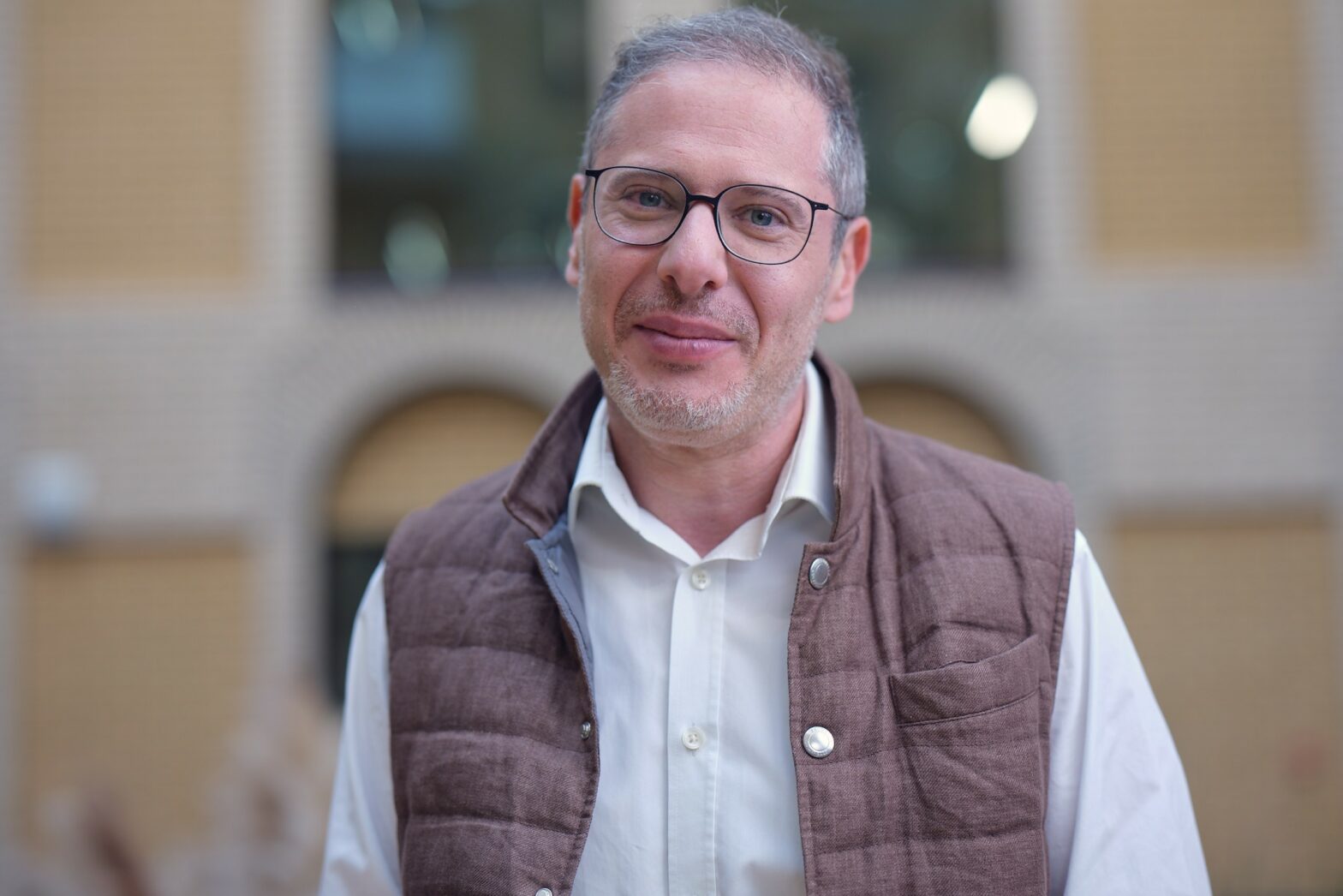Digital Horizon wants to back up to eight start-ups this year through its $50m early stage venture capital fund.
The VC, which has offices in London and in Tel Aviv, as well as a tech development team in Moscow, calls itself one of the first multistage investment funds.
This is because it also operates a $110m co-investment fund that can invest in rounds from Series A up to Series D in companies already backed by its early stage fund.
>See also: Tech start-ups in London raise record $26bn in funding in 2021
Digital Horizon was launched in 2018 by former Gazprombank deputy CEO Alan Vaksman, who has also worked for PwC and KPMG and is currently a board member of business account app ANNA.
Its $50m early stage fund, which closed at the end of 2021, wants to invest in between six and eight start-ups annually in either the fintech or B2B SaaS space.
It invests up to $3m per start-up in exchange for 60 per cent of equity, dropping to 25 per cent in later rounds.
To date, it has invested in 32 companies across Europe including four in the UK, as well as in the US and Asia, including Ably and Bolt.
>See also: Five venture capital trends for start-ups to follow in 2022
Vaksman says the reason why established a larger evergreen fund was because his investors – mostly drawn from wealthy individuals, smaller asset managers and family offices – wanted a second-stage fund to allow them to continue investing in start-ups backed by the early stage fund. This second-stage fund can invest in tens of millions of dollars.
Too often when speaking to founders, says Vaksman, the team all has a different idea of what it is they’re actually building.
Vaksman says: “Focus is a huge problem. The focused founder is the successful founder. And what you’re looking for is resilience. You need to have tech and a convincing founder working in parallel.”
Vaksman believes that when it comes to fintech, all the easy problems have been solved but the hard ones – such as bringing how banks assess credit scores into an age when people are digital nomads and half the working population is self-employed – are still yet to be solved.
He is especially interested in how banks and other financial institutions respond to self-employment, where traditional ways of credit scoring are redundant, and people have volatile freelance incomes. Financial inclusion for the self-employed – who have credit needs like everybody else — is a pressing issue, he says.
‘We never fail, we learn’
Meanwhile, Digital Horizon also has what it calls its venture builder arm, acquiring start-ups – at least for the short term – and developing them with their original founders.
It invests between $1.5m-$3m in each of these start-ups, as well as offering tech development support and, given the team’s financial background, its web of contacts.
Venture builder wants to cofound two or three companies a year, either in fintech or, increasingly, in the digital marketing space.
Digital Horizon cedes ownership once the start-up has gone to achieve Series A funding.
To date, it has co-founded six start-ups and already exited four, including Monday.com and Lemonade. Average multiple on sale has been 10-15x after around three years.
As for what it’s looking for, Digital Horizon wants start-ups that already have a founder and a team in place, with a first big client on its books.
Vaksman says: “We try to guide the company to a proper Series A round and we control the company up until that point.
“Our difference is that we don’t just analyse decks, we get involved in your business. We understand how to code so we can help you build out.
“We work with mature founders over the age of 35, those who have grown out of the stage of living on garage floors. By coming in with us, European founders like that security we offer.
“Venture building is a very hard business,” Vaksman sighs. “You’re always running a high risk and you’re always building from scratch. And you have to go deep into the detail. That said, we have mottos on the wall: ‘We never fail, we learn’ and ‘Fail fast, fail cheap’.”
Further reading
Venture capital investment in Europe and Israel busts €100bn threshold







